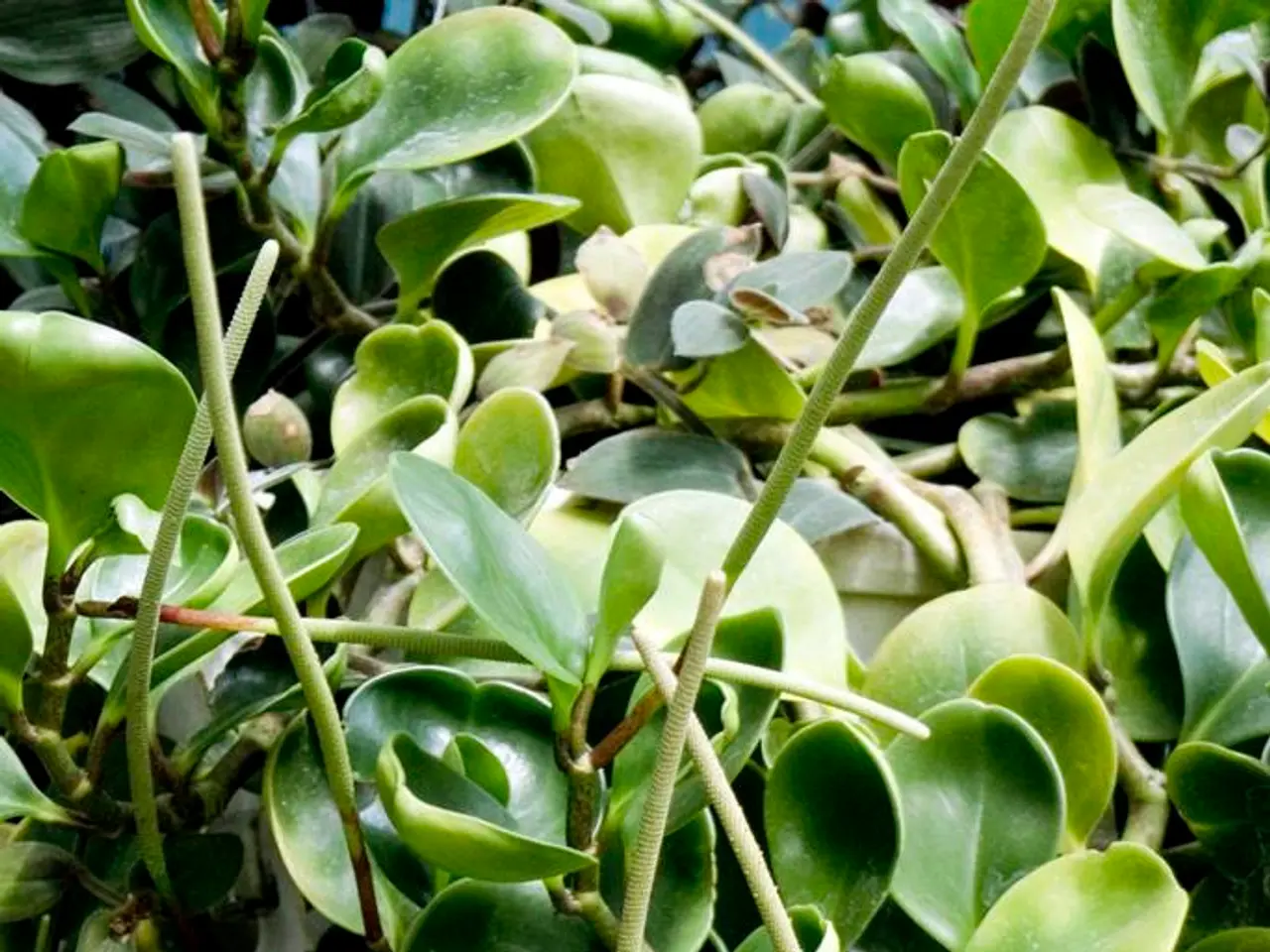Dresden Leaf Filter Conserves Environment by Purifying Water Naturally
The Leaftronics system, a groundbreaking innovation developed by the Leaftronics Group at the Institute of Applied Physics at TU Dresden, is making waves in the world of sustainable technology. This nature-inspired solution produces biodegradable substrates for electronic devices and offers a potential solution for clean water in polluted regions.
The system, which can function with both lab-prepared samples and real sources like municipal wastewater, is particularly notable for its ability to remove pathogens such as E. coli and fecal coliform bacteria from contaminated water. This makes it a promising candidate for regions with polluted water sources.
The unique metalization process, which coats leaf structures with silver or copper, turning them into antimicrobial networks, is a key factor in the success of the sustainable water treatment application of Leaftronics. The low release of silver ions indicates that the Leaftronics coatings are ecologically safe, adding to its appeal as a clean and safe water treatment solution.
Initial tests on the coated structures showed that the amount of silver ions released into the water was five times lower than the acceptable limit, further emphasizing its potential safety. The Leaftronics system's effectiveness in real-world scenarios, such as with municipal wastewater, is noteworthy and bodes well for its future application in the field.
Moreover, the Leaftronics system shows promise in providing clean water solutions without posing significant ecological risks. This could potentially help address the global e-waste problem and the issue of water contamination.
The Leaftronics system's versatile nature extends beyond water treatment. These polymers, inspired by leaf veins, can be recycled, have high temperatures resistance, and high chemical stability, making them suitable for various electronic devices. This could contribute to a more circular electronics industry, where e-waste is minimized and resources are reused effectively.
The team's Leaftronics approach was recently presented to the scientific community, sparking interest and discussions about its potential applications. With its eco-friendly metalization process and its ability to function in various scenarios, the Leaftronics system could potentially help address some of the world's most pressing environmental challenges.
Read also:
- Nightly sweat episodes linked to GERD: Crucial insights explained
- Antitussives: List of Examples, Functions, Adverse Reactions, and Additional Details
- Asthma Diagnosis: Exploring FeNO Tests and Related Treatments
- Unfortunate Financial Disarray for a Family from California After an Expensive Emergency Room Visit with Their Burned Infant








